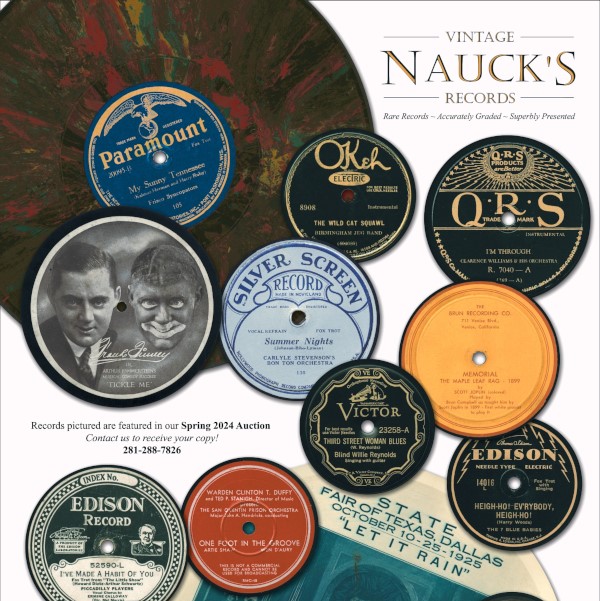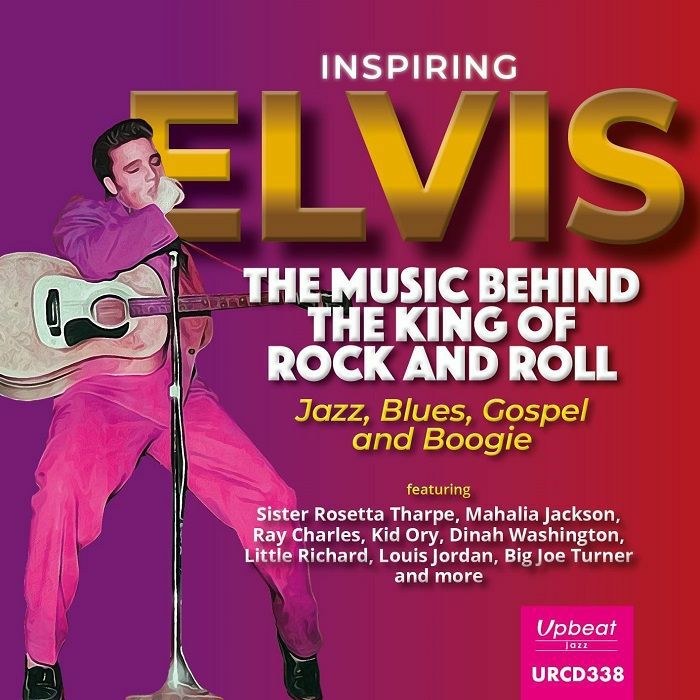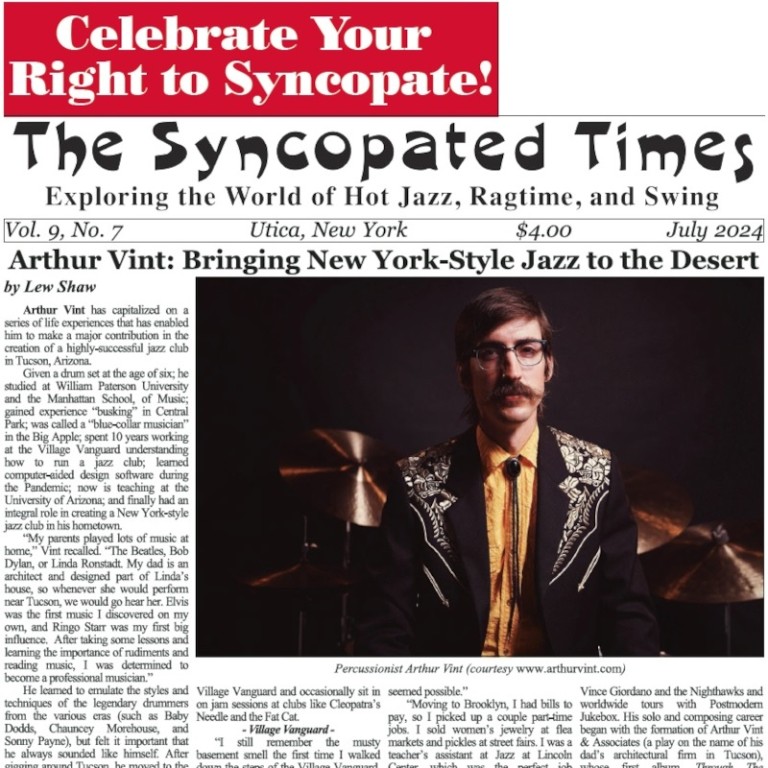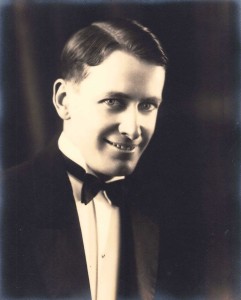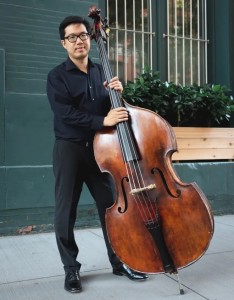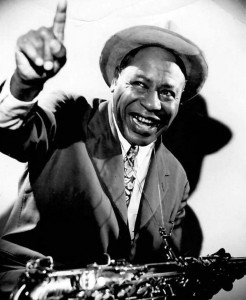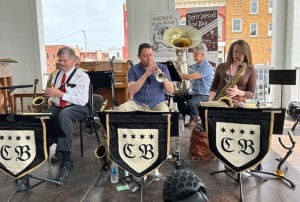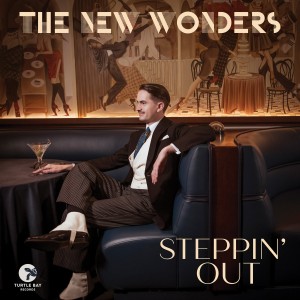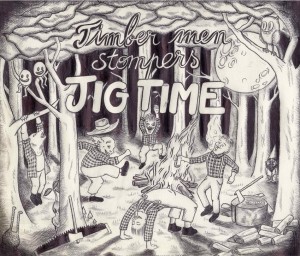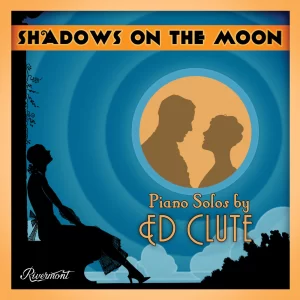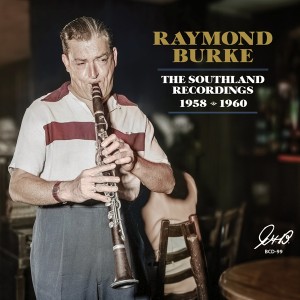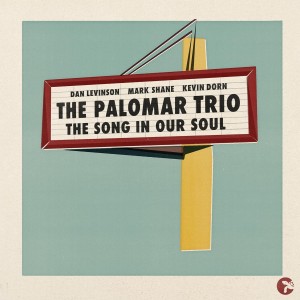 Dr. Lee Eliot Berk, the namesake and second president of Berklee College of Music in Boston, Massachusetts, was a champion of music who dedicated his entire career to music education and building Berklee into an internationally-renowned institution that today is the desired destination for countless music students from across the globe.
Dr. Lee Eliot Berk, the namesake and second president of Berklee College of Music in Boston, Massachusetts, was a champion of music who dedicated his entire career to music education and building Berklee into an internationally-renowned institution that today is the desired destination for countless music students from across the globe.
Brown University, his alma mater, honored him with the degree of Doctor of Humane Letters in 2014, recognizing him as “an educator, civic leader, author and advocate for the power of music, who has forever changed the landscape of education through the development of contemporary curricula at the Berklee College of Music in Boston, where you served as president for 25 years.”
The honorary degree citation read: “Succeeding your father, who founded the college in 1945, you have cultivated a rich array of pathways to excellence in the performance, production and application of music. Under your leadership, Berklee kept pace with evolving technology, concentrated on practical career training for musicians, established the premier distance-learning program for music education, and forged enduring connections with international partners and local organizations that were willing to embrace the therapeutic benefits of music.
“Your belief in the value of music and the cross-cultural understanding that can result from musical pursuits has motivated you to establish charter schools focused on the arts and a national music program for talented urban teens. Since your retirement from Berklee, you have brought your love and support of jazz to Santa Fe, New Mexico, and Phoenix, Arizona, volunteering for a number of arts organizations.”
Honor from Japan’s Emperor
He was awarded the Order of the Rising Sun, Gold Rays with Neck Ribbon by the Emperor of Japan in 2004, which further recognized his many accomplishments at Berklee, the world’s largest independent college of music, and “for his tireless efforts to expand music education and create a more harmonious society through support of artistry.”
The list included: “Developing jazz as both an academic discipline and a mainstream art form with integrity;
– Establishing music therapy as an accepted component of modern medicine;
– Elevating rock and contemporary music beyond mere cultural significance to their appropriate level of musical merit;
– Integrating technology as part of the necessary evolution of music and extension of expression;
– Cementing music as an international bridge between peoples, cultures and countries;
– Helping to ensure that music education is available to student musicians from all socio-economic classes;
– Serving as the launching pad for thousands of professional musicians of whom have been honored for their prodigious talents with Grammy nominations from the National Association of Arts and Science.
Berklee’s Uniqueness
In a 2004 interview on his retirement as Berklee president, he was asked what made him and other administrators confident that Berklee, whose major curricular focus was jazz and contemporary music education, could succeed in an era when other music schools and universities were even forbidding jazz and rock ensembles the use of rehearsal spaces?
He responded, “No one really knew whether we would be successful or not. My father always looked at what the conservatories and universities were doing and figured they were doing it very well. They were meeting the need for that, so there was no reason for people to come to us if we offered the same thing. We were always about identifying and creating educational opportunities for which there was a demand that wasn’t being met elsewhere.
“We began moving this vision forward by offering such technology-based courses and majors as film scoring, electronic music, and audio recording in 1980. Once we began accepting electric guitar as a principal instrument, it opened the door to the whole electronic revolution. In looking back, that was the first incursion of technology. It came through rock music, in a way. We started a small audio recording program in the 1970s, and that later grew to become the Music Production and Engineering Major. Later we followed that up with a Music Synthesis Major. The Film Scoring Major also involved technology.
“As technology became more pervasive in music and in life, I felt a strong sense of commitment to it because the more Berklee became technologically sophisticated, the more it set us apart from the conservatories and other music schools. The more distinctive the education we offered, the stronger our identity would be and demand for a Berklee education would increase. That is exactly what transpired.
“The move into technology more than anything else has made Berklee become the college of the music industry. We developed strong relationships with many product manufacturers and received support from them along the way. The music industry recognized the importance of the education we were offering. For a decade, we have been the leading college working with the industry, turning out people who were technologically capable with all the new gear.”
Retired to Western US
Upon retiring, Dr Berk and his wife Susan moved to Santa Fe, NM, and continued working in music. He was appointed commissioner of music for the state of New Mexico by Governor Bill Richardson and was involved in the founding of the New Mexico School for the Arts. The Berks began producing concerts for Friends of Santa Fe Jazz.
In 2014, after relocating to a senior living community in Phoenix, they partnered with fellow resident Martin O’Sullivan to launch a highly-successful concert series, which started with 40 patrons and today has 370 resident subscribers. I was privileged to have worked with Lee in achieving some common goals for our respective communities.
On October 21, while running a jazz-related errand, Dr. Lee Berk suffered a fatal heart attack at the age of 81.








